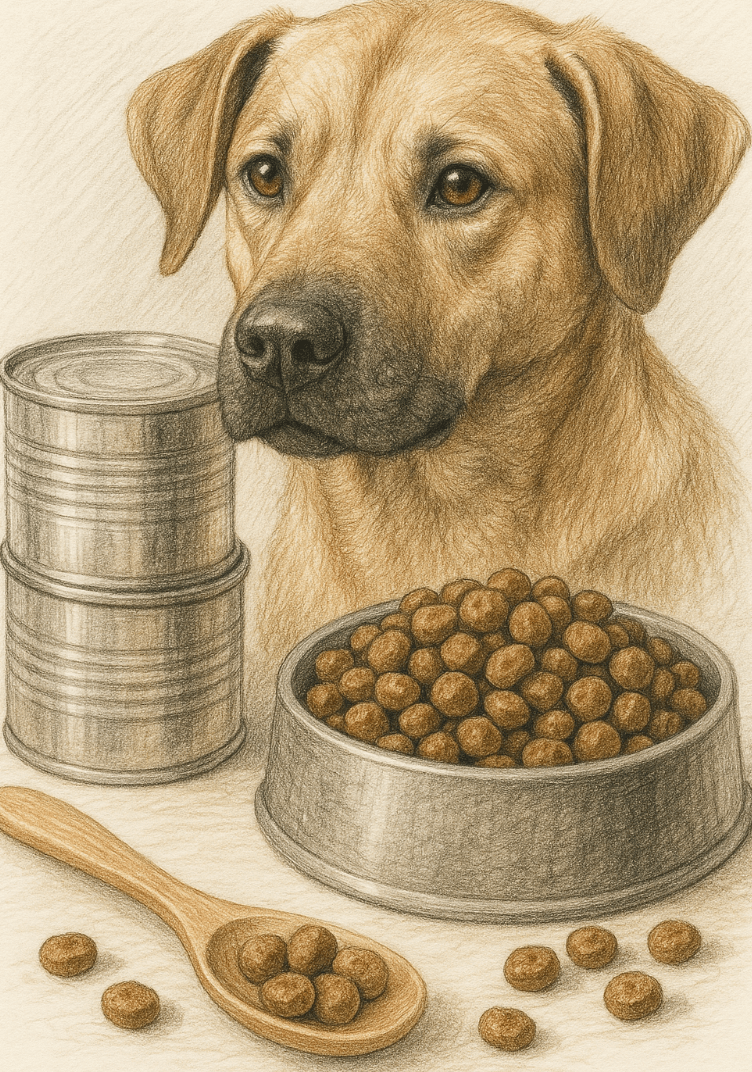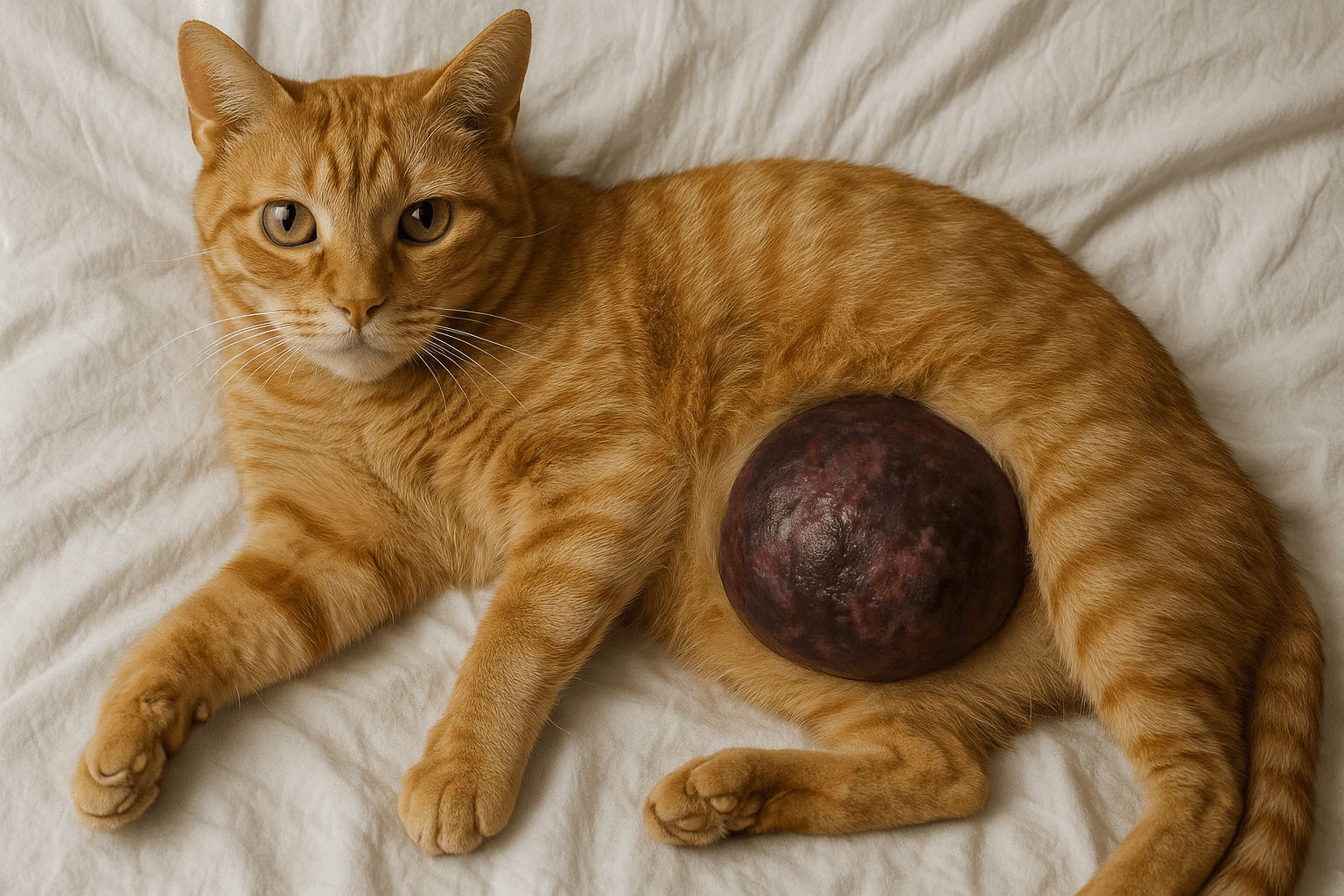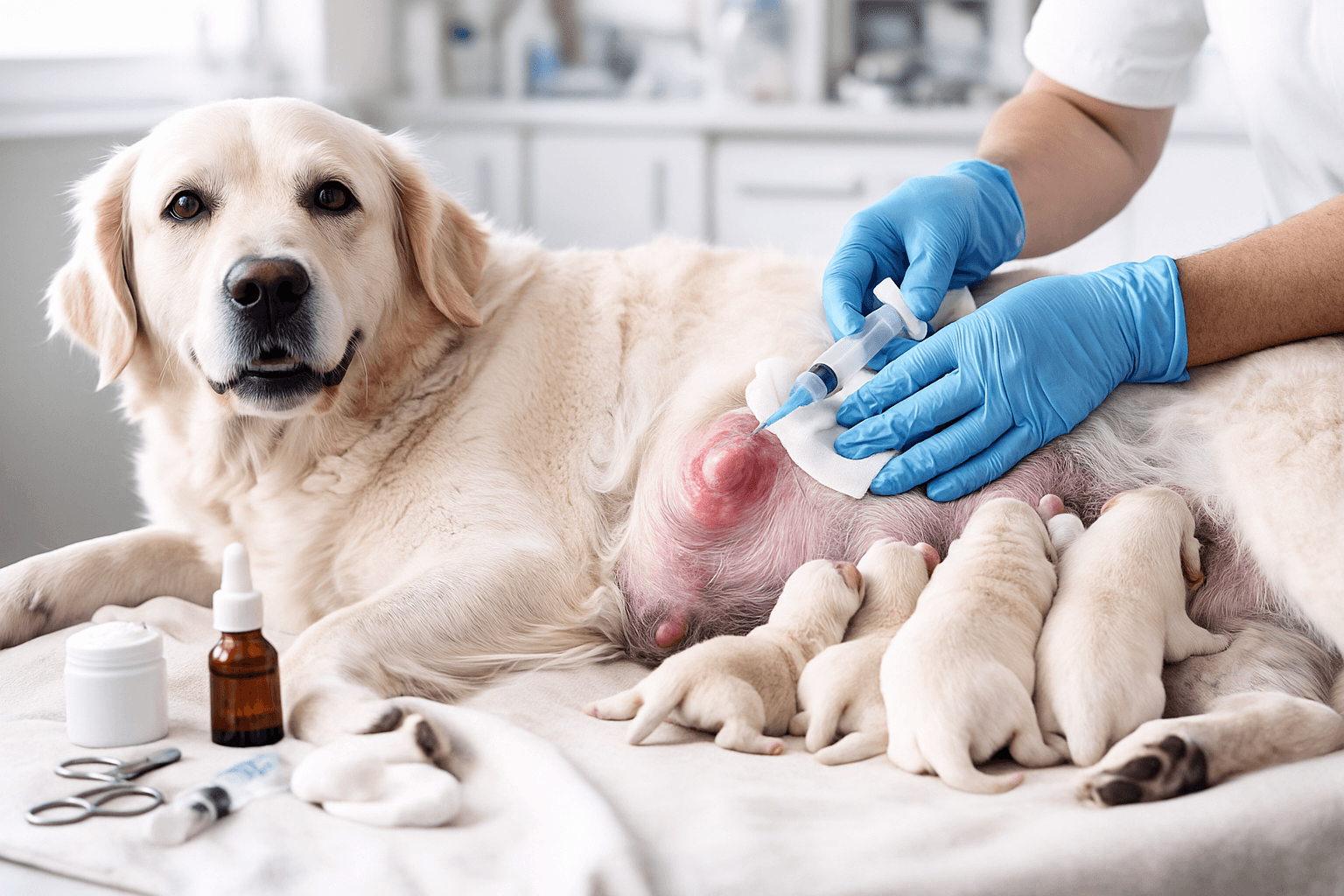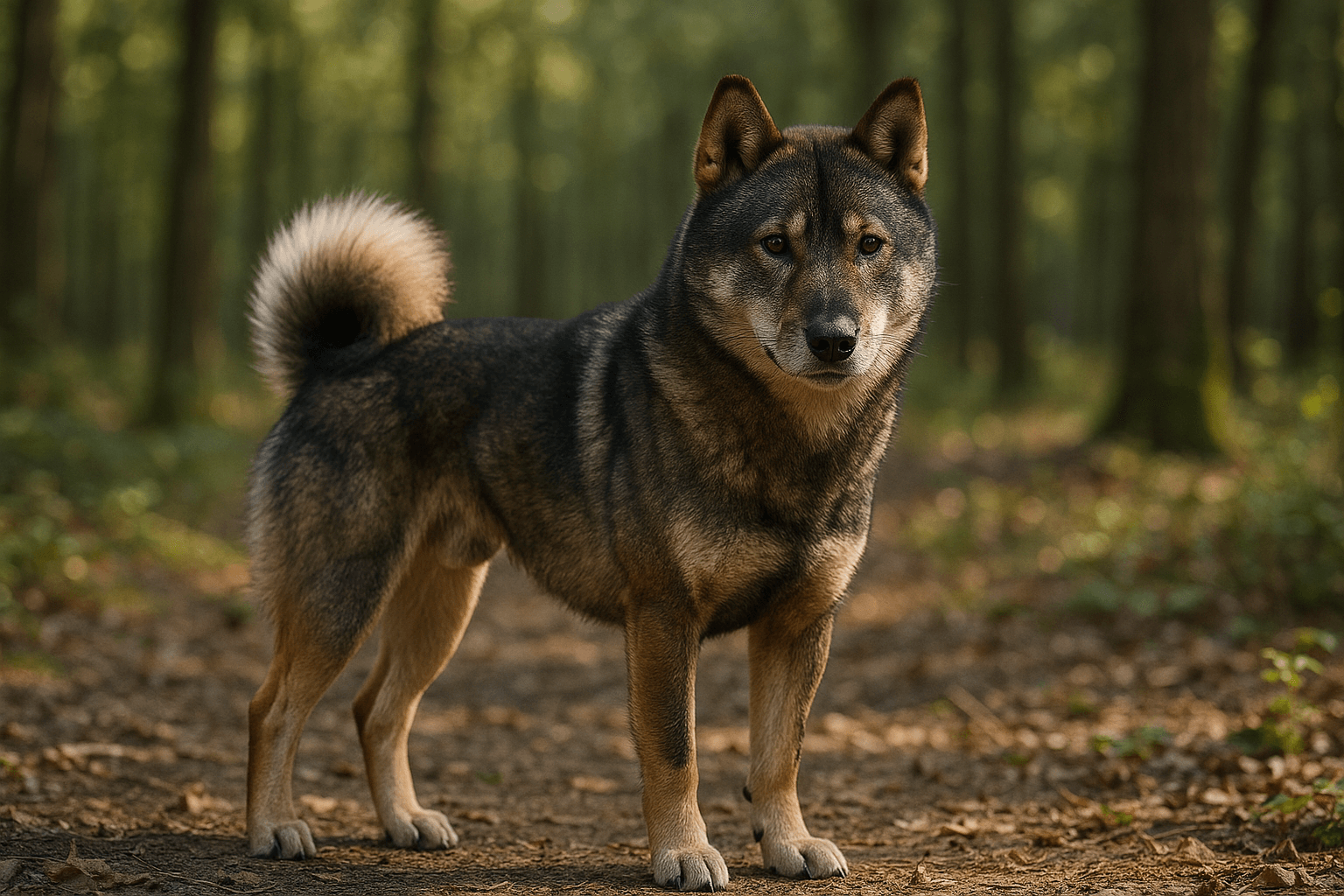Taurine in Dog Food: Why It Matters for Your Furry Friend
When it comes to feeding our dogs, we often focus on protein, fats, and carbohydrates—but what about taurine? While this amino acid is more commonly associated with cats, taurine plays a crucial role in canine health as well. Taurine supports vital functions such as heart health, vision, and immune system strength, making it an essential nutrient for dogs of all breeds and sizes. However, not all dog foods contain adequate levels of taurine, and deficiencies can lead to serious health issues. In this blog post, we’ll explore the importance of taurine in dog food, how to ensure your pup gets enough, and why this nutrient should be on every pet owner’s radar.
Expert Opinion on Taurine in Cat Food
“Since taurine is known to be ‘essential’ for cats, cat food must have taurine supplemented in quantities established by the American Association of Feed Control Officials (AAFCO) and the National Research Council (NRC).”
Why Is Taurine Important for Dogs?
Taurine may not be as widely discussed as other nutrients, but its impact on a dog’s overall health cannot be overstated. This amino acid is involved in numerous physiological processes that keep your furry friend thriving.
Supports Heart Health:
Taurine helps regulate heartbeat and strengthens cardiac muscles, reducing the risk of heart diseases like dilated cardiomyopathy (DCM).Promotes Healthy Vision:
As a key component of retinal cells, taurine ensures proper eye function and protects against vision loss or degeneration.Boosts Immune Function:
Taurine aids in the production of bile acids, which are essential for digestion and nutrient absorption, supporting a robust immune system.Enhances Muscle Function:
By aiding in calcium regulation, taurine supports muscle contraction and recovery, benefiting active and senior dogs alike.Reduces Oxidative Stress:
Taurine acts as an antioxidant, neutralizing harmful free radicals and protecting cells from damage.
Given its wide-ranging benefits, ensuring your dog receives sufficient taurine is vital for their long-term health and happiness.
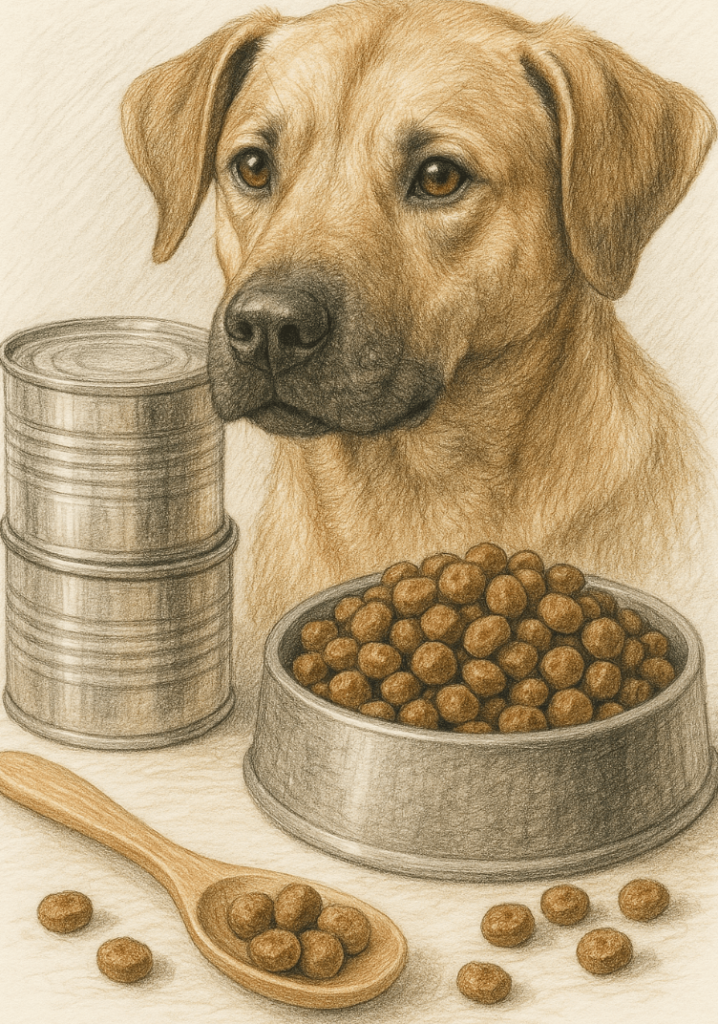
Signs of Taurine Deficiency in Dogs
A lack of taurine in your dog’s diet can lead to subtle yet serious health problems. Recognizing these signs early can help prevent complications and ensure timely intervention.
Lethargy and Weakness:
Dogs with taurine deficiency often appear unusually tired or unwilling to engage in physical activities.Heart-Related Symptoms:
Signs like coughing, difficulty breathing, or fainting could indicate heart issues linked to low taurine levels.Vision Problems:
Blurred vision, night blindness, or other ocular changes may signal taurine insufficiency affecting the eyes.Digestive Issues:
Poor digestion, vomiting, or diarrhea could result from impaired bile production due to inadequate taurine.Muscle Loss or Weakness:
A noticeable decline in muscle tone or coordination may point to underlying taurine-related muscle dysfunction.
If you notice any of these symptoms, consult your veterinarian to evaluate your dog’s taurine levels and adjust their diet accordingly.
Check this guide 👉Pancreatitis in Dogs: Best 7 Expert Tips!
Check this guide 👉Diabetic Ketoacidosis in Dogs: Best 7 Expert Tips!
Check this guide 👉Pyoderma Treatment in Dogs: Best 7 Expert Tips!
Foods High in Taurine | Symptoms of Taurine Deficiency |
|---|---|
Chicken, turkey, and other poultry | Lethargy and lack of energy |
Beef, lamb, and organ meats (e.g., liver) | Heart disease (dilated cardiomyopathy) |
Fish (especially salmon and sardines) | Vision impairment or blindness |
Eggs | Digestive issues like vomiting or diarrhea |
Dairy products (in moderation) | Muscle weakness or atrophy |
How to Ensure Your Dog Gets Enough Taurine
Providing adequate taurine in your dog’s diet doesn’t have to be complicated. With a few simple steps, you can safeguard their health and well-being.
Choose High-Quality Dog Food:
Opt for premium dog foods that list animal-based proteins as primary ingredients, as these naturally contain taurine.Include Taurine-Rich Ingredients:
Supplement your dog’s meals with taurine-rich foods like chicken, fish, or eggs to boost their intake.Avoid Grain-Free Diets Unless Necessary:
Some grain-free diets have been linked to taurine deficiencies, so consult your vet before switching to one.Consider Taurine Supplements:
If your dog requires additional taurine, supplements are available to bridge nutritional gaps safely.Regular Vet Check-Ups:
Routine blood tests can monitor your dog’s taurine levels and detect deficiencies before they cause harm.
By taking these proactive measures, you can ensure your dog receives the taurine they need to thrive.
Breeds Prone to Taurine Deficiency
While all dogs require taurine, certain breeds are genetically predisposed to deficiencies, making them more vulnerable to related health issues.
Golden Retrievers:
Known for their susceptibility to dilated cardiomyopathy (DCM), Golden Retrievers benefit significantly from taurine supplementation.Cocker Spaniels:
This breed is prone to heart conditions linked to low taurine levels, necessitating careful dietary management.Newfoundlands:
Large breeds like Newfoundlands often struggle with taurine absorption, increasing their risk of heart disease.Labrador Retrievers:
Labradors are another breed susceptible to DCM, highlighting the importance of monitoring their taurine intake.American Bulldogs:
These energetic dogs may experience muscle weakness or fatigue if taurine levels drop too low.
Understanding breed-specific risks allows you to tailor your dog’s nutrition plan to their unique needs.
Tips for Transitioning to a Taurine-Rich Diet
Switching your dog to a taurine-rich diet requires care and patience to avoid digestive upset. Follow these tips for a smooth transition.
Introduce Changes Gradually:
Mix small amounts of taurine-rich food with their current diet, increasing the proportion over 7-10 days.Monitor for Allergies or Intolerances:
Watch for adverse reactions like itching, vomiting, or diarrhea when introducing new ingredients.Balance Nutrients Carefully:
Ensure the new diet provides a complete nutritional profile, including proteins, fats, and vitamins.Consult Your Veterinarian First:
Seek professional advice to confirm the new diet meets your dog’s specific needs.Track Progress Over Time:
Keep notes on changes in energy levels, coat condition, and overall health to assess the diet’s effectiveness.
A gradual and informed approach ensures your dog adapts comfortably to their improved diet.
Myths About Taurine in Dog Food
Misinformation about taurine can lead to confusion among pet owners. Let’s debunk some common myths to set the record straight.
Myth: Only Cats Need Taurine:
While cats require higher levels of taurine, dogs also benefit significantly from this nutrient.Myth: All Dog Foods Contain Sufficient Taurine:
Many commercial dog foods lack adequate taurine, especially those relying heavily on plant-based proteins.Myth: Taurine Supplements Are Always Safe:
Over-supplementing taurine can disrupt nutrient balance, so always consult your vet first.Myth: Taurine Deficiency Is Rare in Dogs:
Certain breeds and diets make taurine deficiency more common than many realize.Myth: Homemade Diets Guarantee Taurine Intake:
Without proper planning, homemade diets may fail to provide enough taurine, leading to deficiencies.
Understanding the truth behind these myths helps you make better choices for your dog’s nutrition.
The Role of Taurine in Senior Dog Health
As dogs age, their nutritional needs evolve, and taurine becomes even more critical for maintaining their quality of life.
Supports Aging Hearts:
Older dogs are more prone to heart conditions, and taurine helps maintain cardiac health as they grow older.Protects Against Vision Decline:
Age-related vision loss can be mitigated by ensuring adequate taurine levels in their diet.Prevents Muscle Wasting:
Taurine supports muscle maintenance, combating the natural loss of muscle mass in senior dogs.Boosts Energy Levels:
Adequate taurine helps combat lethargy, keeping senior dogs active and engaged.Strengthens Immunity:
A strong immune system is essential for aging dogs, and taurine contributes to overall resilience.
By prioritizing taurine in your senior dog’s diet, you can enhance their golden years and promote lasting wellness.
Frequently Asked Questions About Taurine in Dog Food
What is taurine, and why do dogs need it?
Taurine is an amino acid that supports heart health, vision, digestion, and muscle function in dogs.
Can I give my dog taurine supplements?
Yes, but only under veterinary guidance to avoid over-supplementation or imbalances.
Are grain-free diets bad for taurine levels?
Some grain-free diets have been linked to taurine deficiencies, but not all; consult your vet for personalized advice.
How can I tell if my dog’s food has enough taurine?
Look for high-quality animal proteins as primary ingredients, as they naturally provide taurine.
What happens if my dog doesn’t get enough taurine?
Deficiencies can lead to heart disease, vision problems, muscle weakness, and other serious health issues.
Prioritizing Taurine for a Healthier, Happier Dog
Taurine is far more than just another nutrient—it’s a cornerstone of your dog’s overall health and vitality. From supporting their heart and vision to enhancing muscle function and immunity, this amino acid plays a critical role in keeping your furry companion at their best. By choosing high-quality food, monitoring their diet, and staying vigilant for signs of deficiency, you can ensure your dog enjoys a long, healthy life. Remember, a well-nourished dog is a happy dog, and taurine is a key piece of that puzzle.
Spleen Cancer in Cats: Best 7 Expert Tips! – Expert insights on symptoms, care, treatment & quality of life for feline spleen cancer.
Dog Mastitis Treatment: Best 7 Expert Tips! – Safe, vet-approved care for nursing moms & prevention strategies.
The Shikoku Ken Dog: Best 7 Expert Tips! – Discover expert care, training & health advice for this rare, loyal Japanese mountain breed.
The Cairn Terrier Dog Breed: Best 7 Expert Tips! – Discover care, training & health advice for this spirited, loyal Scottish terrier.

